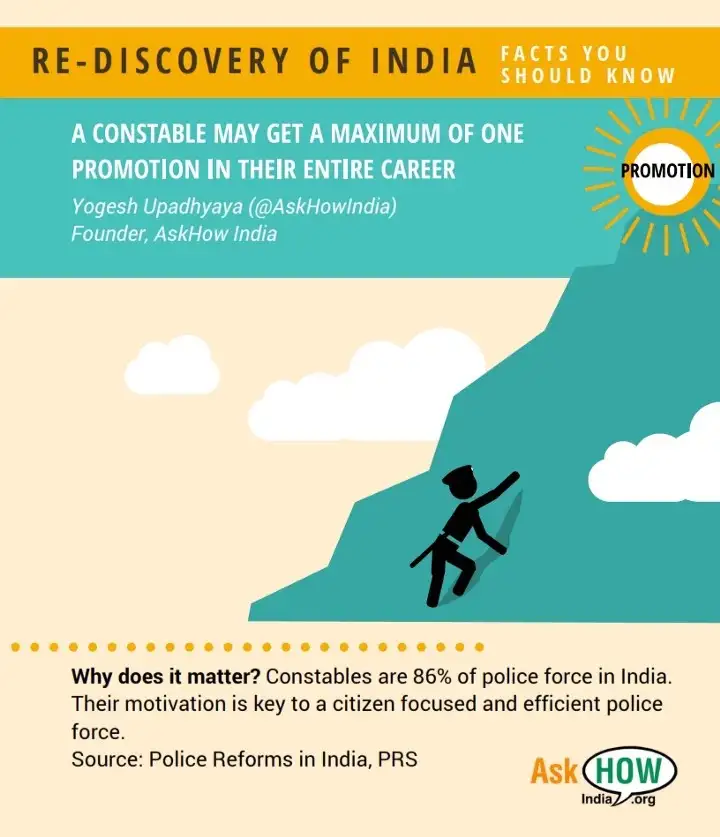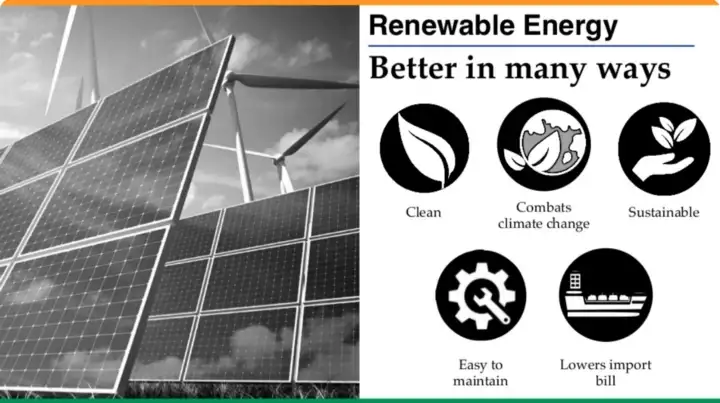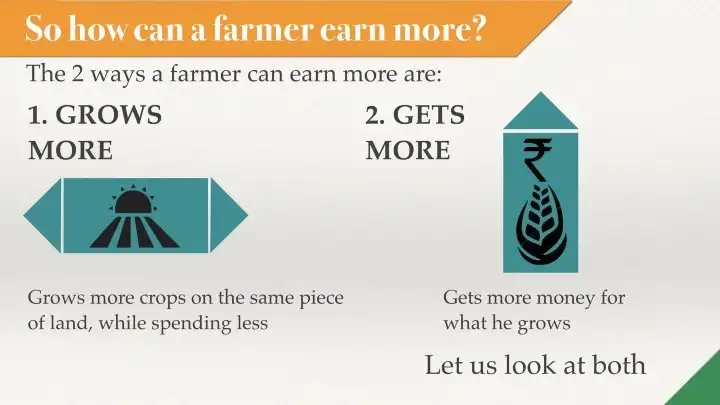How to communicate complexity? Five tipsfeatured
Does your job require you to explain complex concepts? You could be a researcher, a manager or a student and chances are that you struggle with helping others understand your work. I can help. I have been explaining complex economic, technical and social issues for many years. Here are five things that I have learnt.

1. You know more than you realize
I am the founder of AskHow India. We take complex issues and simplify them for common citizens. It takes us months to understand a subject. We may read scores of documents and talk to tens of people. By the end of this process, we forget how little we knew when we started. We have to remind ourselves to say things that have become ‘obvious’ to us. If we don’t do this, our audience would not understand what we are saying. This is called curse of knowledge. Let me take an example.
I used to wonder why we have not been able to clean rivers in India in spite of spending billions of Dollars. When we dived deep into the subject, we realized that the problem was twofold. First, we don’t effectively clean the sewage and the industrial waste that flows into our rivers. For variety of reasons, this is a hard problem. The second problem is harder. We take away most of the water from the rivers for agriculture. The trickle of water that remains gets dirty very easily. Solving this problem is tougher as the livelihood of crores of farmers depends on this water.
It is obvious that taking away more than 90% of water from rivers makes rest of the water filthy faster. However, I didn’t know that agriculture took so much water just a few years ago. I have to remind myself to state this ‘obvious’ fact every time I talk about clean water.
Chances are that your audience knows very little about what you do. They may not know what is obvious to you. Start from the basics.
2. Use metaphors
Many people believe that the police in India is inefficient, politicized and corrupt. One of the main reasons is that police forces are organized similarly to military. Constables, who form the bulk of the force, only get one promotion in their career. How would you communicate this information so that your reader understands it quickly?

A metaphor is a great way of explaining concepts. A visual metaphor is even better. Most of us require periodic acknowledgment and appreciation to be motivated. If you had a job where you could get a promotion only once in four decades, the chances are that you wouldn’t be very good at the job. It would be as if you climbed a single mountain all your life and could reach the peak only once.
3. If you are trying to tell your audience something new…
If you are telling someone something new, start with something they know. Scott Adams calls it pacing and leading. Agreeing with someone creates empathy and allows them to be receptive to whatever new that you are telling them. Let us take an example.
Do you love renewable energy? So do I! Solar or wind electricity plants do not pollute the environment like coal fired plants do. There are many other benefits too. However, solar and wind energy impose a lot of hidden costs on electricity grid. One of the big reasons for this is that a grid operator needs back up for these plants. After all, the customers need electricity even when sun is not shining and wind is not blowing. When we wrote our piece explaining all the hidden costs of intermittent renewable energy, we started by acknowledging all its benefits.

The audience knows the benefits of renewable energy but they need to know that we know them too before they are ready to listen to us.
4. Create catch phrases
Simplifying complexity is not enough. Your core message should be memorable. Creating catch phrases helps. Another example.
How can the income of a small farmer increase? A few years ago, when we were trying to answer this question, we realized that the crop yield for many farms is low. The additional big challenge the farmers face is that they get a low price for their crops. So, to increase the farming income, we need to help farmers increase their yields and also help them get a higher price in the mandis. Our presentation of this framework before diving deep into it?

A farmer can increase his income if he “grows more & gets more.” Catch phrases like this stick. Such communication techniques, and our understanding, made this one of our most popular presentations. Even experts in the field, like professors and deans of agricultural universities, regularly download it.
5. Repeat without boring your audience
Even if your communication is very clear, most of your audience would have forgotten what they learnt in a few days. You have to repeat yourself. How do you do that without boring them?
This is a tricky one. You can be opportunistic and promote your work whenever the issue becomes ‘hot’ in media. For example, when the farmers’ protest in India gained a lot of attention, I cowrote this piece which has become my most read one. Or you could change formats. I have written sixteen blog posts on population in India. The key messages of these posts were summarized by my colleagues at AskHow India in this beautiful presentation. Or you could embed the messages in a topic that is very different from what you usually write about. For example, you could write a note on communication tips and use parts of your message as examples. Is it sneaky? I think not, if your main objective is to genuinely help your audience and if you are honest about your secondary objective.
Which techniques have you used to communicate more effectively? Do share that as a comment on this blog.
As a part of AskHow India, I try to simplify complex economic, social and technical issues. I occasionally also write about entrepreneurship.
If you wish to stay in touch with my writing, follow me on medium. Click on the envelope icon to get your stories delivered in your Inbox. You can follow AskHow India (@AskHowIndia) or me (@YogeshUpadh) on twitter or on LinkedIn
Telegram channel: https://t.me/YogeshUpadhyaya
Links to our work referenced in this post.
1. The hard problem and the very hard problem of cleaning Ganga
2. Renewable energy — not ready for prime time, yet.
3. How can a small farmer’s income be increased?
Author –
Yogesh Upadhyaya
(Yogesh Upadhyaya is one of the founders of AskHow India. Blogs are personal views.)
You can follow AskHow India (@AskHowIndia) or me (@YogeshUpadh) on twitter or me on LinkedIn or Medium. DM me if you wish me to put you on WhatsApp distribution list.



